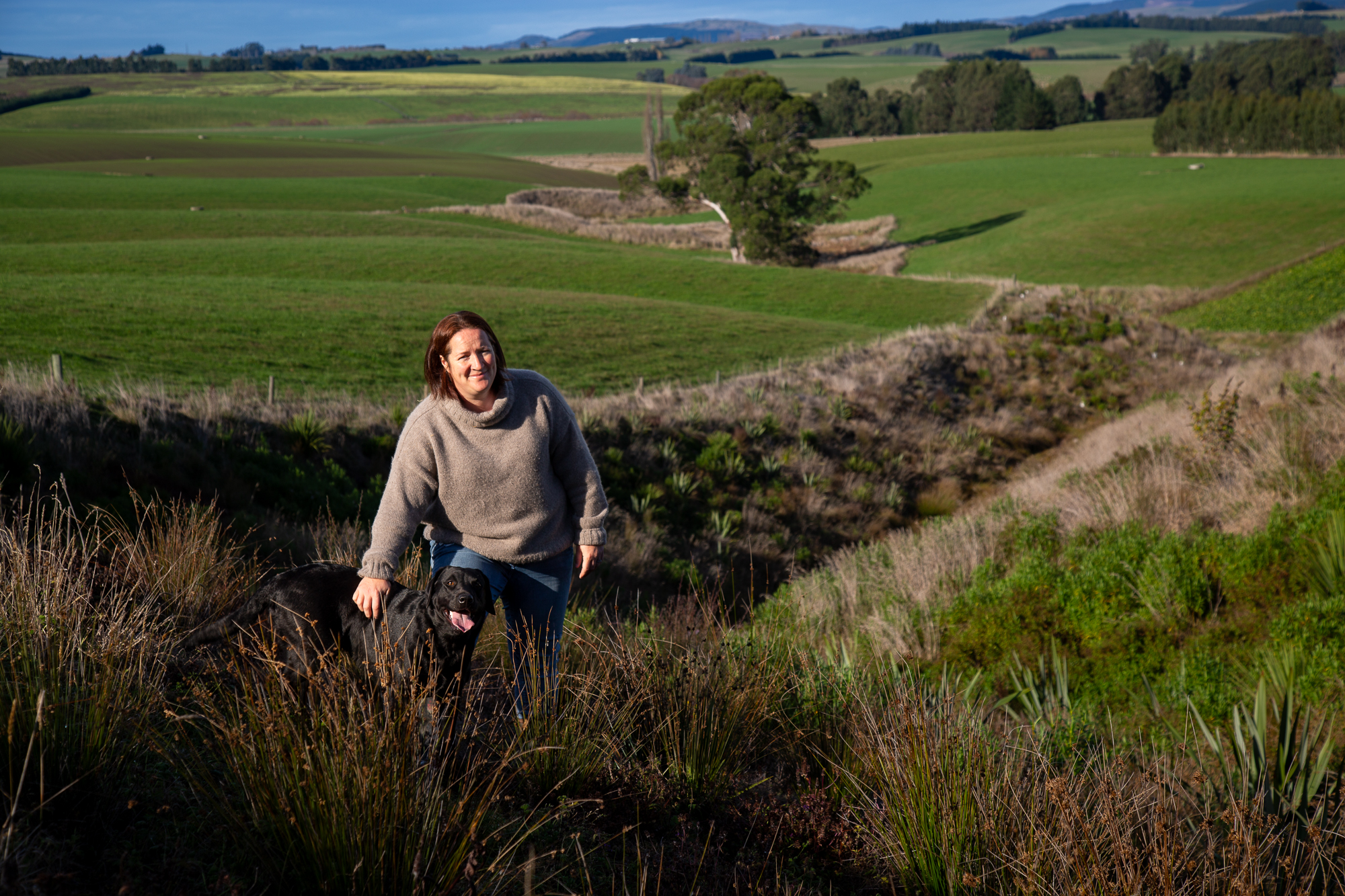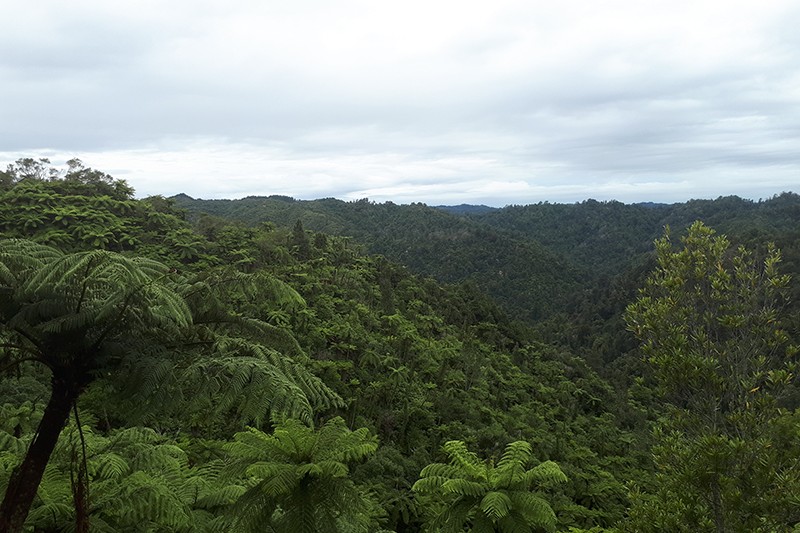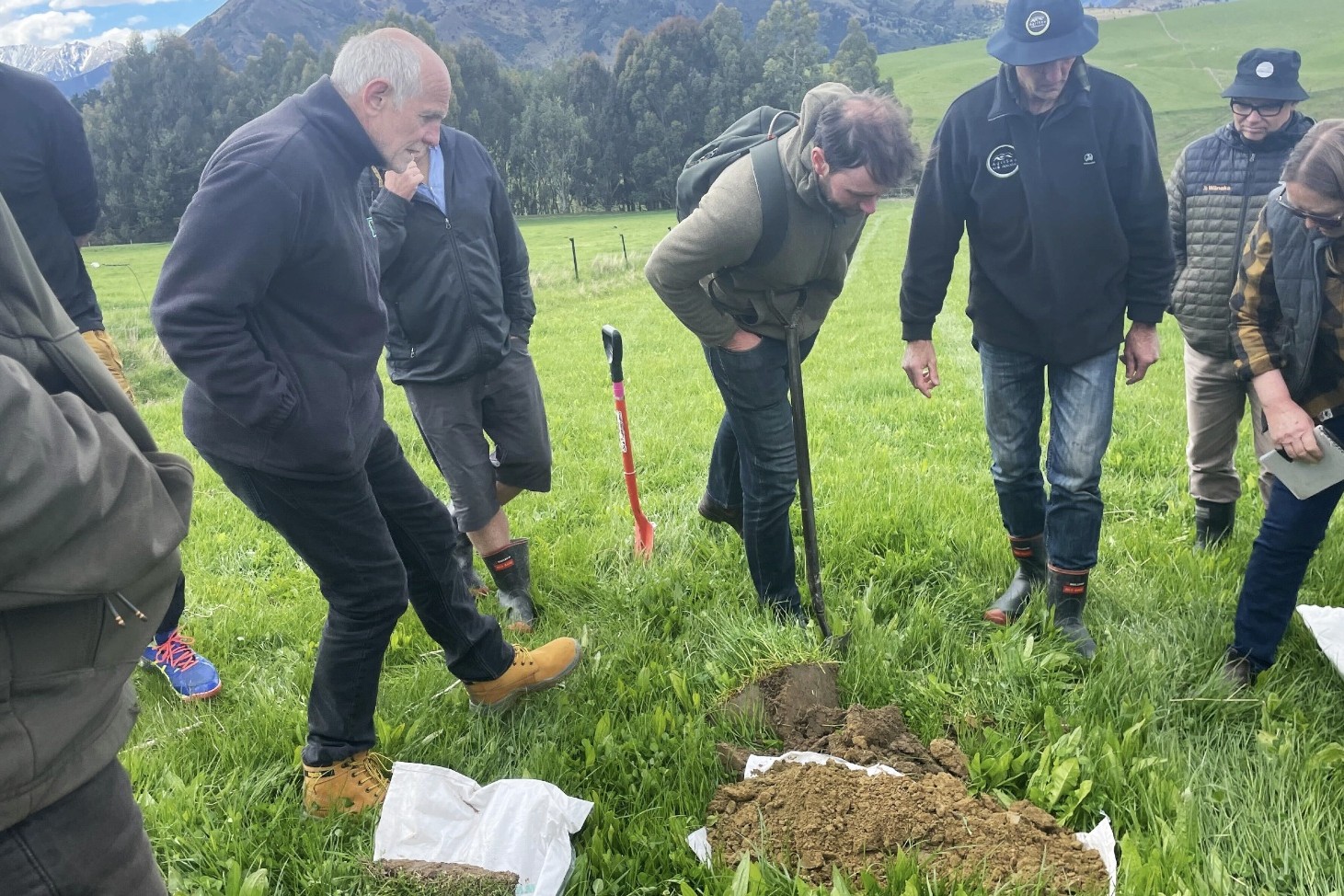He Waka Eke Noa alternatives
Rural pressure group Groundswell has prepared alternative proposals to He Waka Eke Noa options and is seeking farmer input to remove duplication, reduce costs, empower farmers and reward, rather than penalise, environmental efforts, James Hoban writes.

Rural pressure group Groundswell has prepared alternative proposals to He Waka Eke Noa options and is seeking farmer input to remove duplication, reduce costs, empower farmers and reward, rather than penalise, environmental efforts, James Hoban writes.
He Waka Eke Noa options and consultation have led to strong public criticism. Groundswell’s voice has been one of the most prominent in reacting to He Waka. Groundswell has released a carefully crafted alternative to He Waka and recently provided further details to answer critics.
While Groundswell’s initial response to He Waka was to fight unworkable regulations, they reached a point where they decided a more worthwhile approach would be to develop an alternative.
Throughout this process it had a lot of feedback about policies being created in silos leading to duplication and perverse outcomes. It decided to develop an integrated framework that included emissions but also other pressing topics including freshwater and biodiversity.
The group says more should be made of the hundreds of farmer and community-led environmental initiatives already happening. They believe their framework would remove duplication, massively reduce costs, empower farmers and reward (rather than penalise) environmental efforts.
The major change Groundswell is proposing is to link all environmental issues into one integrated policy framework. This proposal is a bigger beast than their He Waka alternative and is still being developed. There is already a lot of information on the Groundswell website but because they are seeking feedback from so many people it is evolving and taking time. It will be made public soon.
A broad-based tax on farming
Groundswell leaders say that after carefully reviewing He Waka, they believe it has shifted from its founding principle, to incentivise uptake of new technology and management, towards a broad-based tax on farming.
Their alternative is based on adopting a short-term research fund to develop emission reduction tools. They want to see existing industry levy organisations and funding used for this. A more comprehensive emissions scheme would follow in time, but would not be developed until solutions have been tested. The scheme would then focus on incentivising uptake of new technologies and management changes.
They say that He Waka proponents are setting price signals on emissions without establishing credible, workable options to reduce emissions. Groundswell says this is tantamount to He Waka forcing farmers and growers to reduce stocking rates and productivity.
Groundswell wants levy-funded organisations alongside government groups to take the lead in investigating the most efficient pathways to achieving emissions reductions, while allowing farmers to maintain productivity and “reasonable” profitability. These organisations would also take the lead in providing proven best-practice management examples and encourage uptake during the research phase.
It would be an interesting exercise for Beef + Lamb NZ to run scenarios and show viable solutions on its demonstration farm. Lanercost is an extensive dryland property in North Canterbury. Given the criticisms from many people that He Waka will lead to afforestation of these types of farms, could B+LNZ show that a productive sheep and beef future is possible, using Lanercost as a demonstration?
Groundswell says He Waka modelling shows a significant majority of emissions reductions will be achieved through research and new technology and it believes all emissions-related revenue gathering should be focused where it will achieve the most.
Efficient use of farmers’ money is their top priority and every spending decision must work backwards from a detailed assessment of what is actually required. Its leaders say He Waka works on creating a “giant slush fund then working out ways to spend it.”
According to its leaders, Groundswell’s proposal would be enacted at no additional cost to farmers and funding would come entirely from existing levy body payments. Farmers pay over $100 million per year in industry body levies, Groundswell NZ seeks a full review and re-prioritisation of that funding “so it can be allocated where farmers need it most.”
A different approach
Where Groundswell has taken a different approach to industry groups is that in the face of criticism they have produced more information to answer questions. Industry groups have responded to criticism of He Waka by stoically repeating; ‘it is better than agriculture being included in the ETS’.
This will not pacify farmers indefinitely and has already exasperated many.
Barriers to acceptance of an alternative to He Waka include industry leaders’ willingness to listen and support their farmers, government acceptance of farmer voices, insistence of tight timeframes and the fact that more than one farmer group has suggested an alternative.
The fact that more than one group has gone to the extensive effort to build credible alternatives to He Waka should more than give industry leaders pause for thought. The worry though is that this could count against farmers – if these voices can be labelled fragmented then they might be dismissed.
Two of the most credible alternatives to He Waka have been put forward by Groundswell and by a farmer group, covered in Country-Wide in February. These alternatives are not mutually exclusive. Much of the logic is shared and should not be ignored. That so many volunteer hours have gone into their development shows how strong the dissatisfaction with He Waka options is.
In addition to the groups mentioned, Keith Woodford, Jane Smith and Graham Brown joined forces to submit on He Waka. These respected rural leaders came together to write their submission “because of a mutual concern that the He Waka documents are seriously flawed and that there is major distrust within important segments of the agricultural sector”.
In what is clearly intended to be a constructive submission, the three have highlighted what they believe to be major issues with He Waka. More on this in Country-Wide in June.
The Groundswell team is made up of volunteers who work on their own businesses and squeeze the work for cause often at the expense of downtime, social time and family time. When critics pull apart their ideas and identify gaps it continues to provide further information. They have got to a point now that it is up to industry groups to either work with their ideas or make it clear why they will not.
One of the reasons given for industry groups struggling with policy is that in the case of Federated Farmers and Beef+Lamb NZ, they have to attempt to represent multiple sectors. Satisfying competing interests often leads to positions that stakeholders are unhappy with.
How then has Groundswell galvanised such a large, cross sector group? Their policy positions seem to resonate with multiple sectors. When it comes to gaining grassroots farmer support, boots on the ground appear to be trumping the ivory tower approach.
Groundswell does not claim to have all the answers yet and says it will continue to develop its proposals alongside farmers and industry groups.
- James Hoban is a farmer and environmental consultant.




